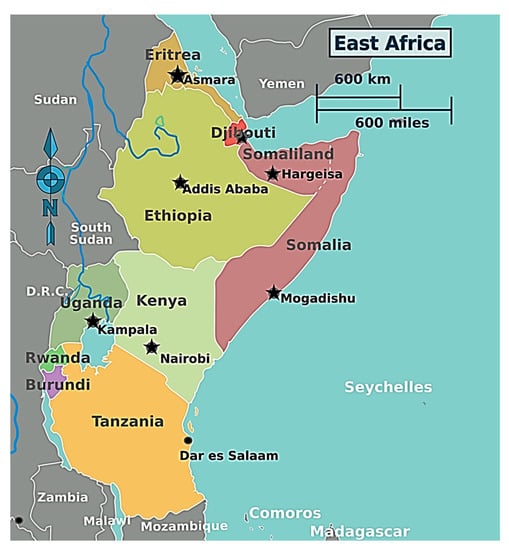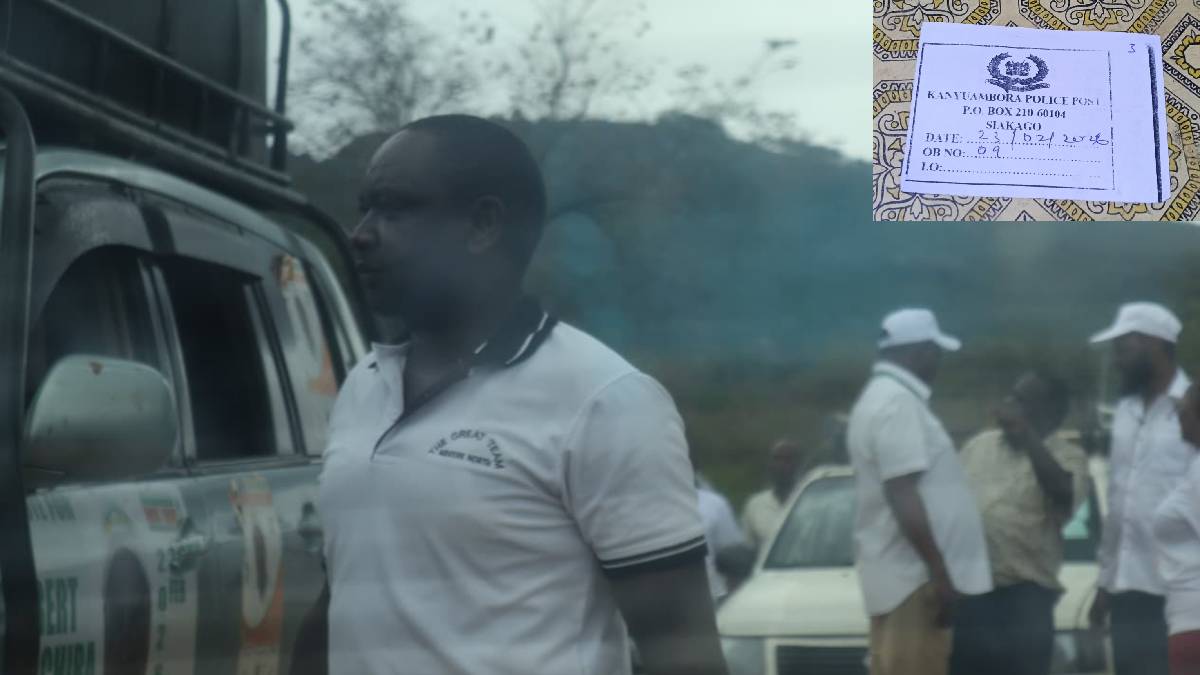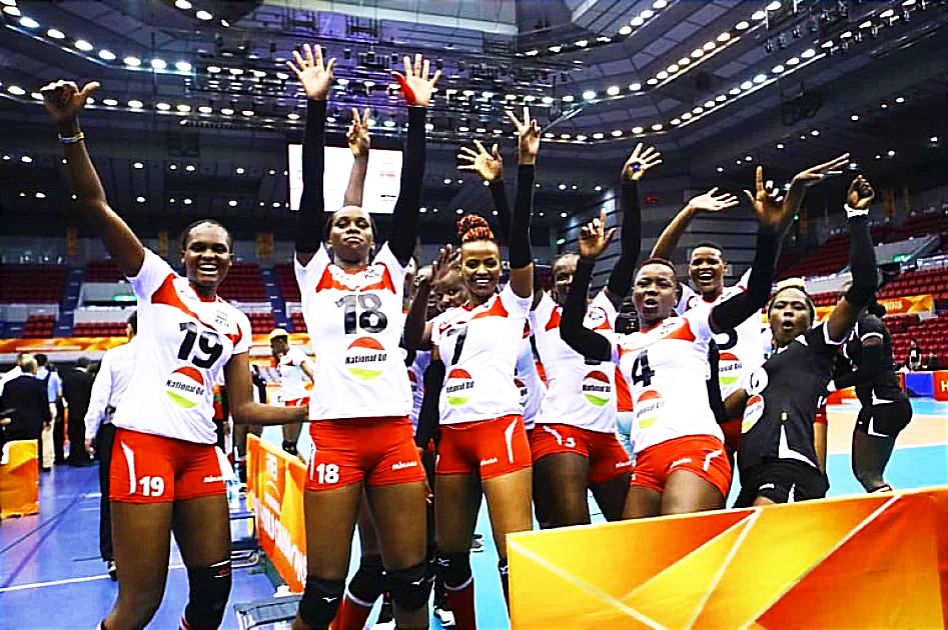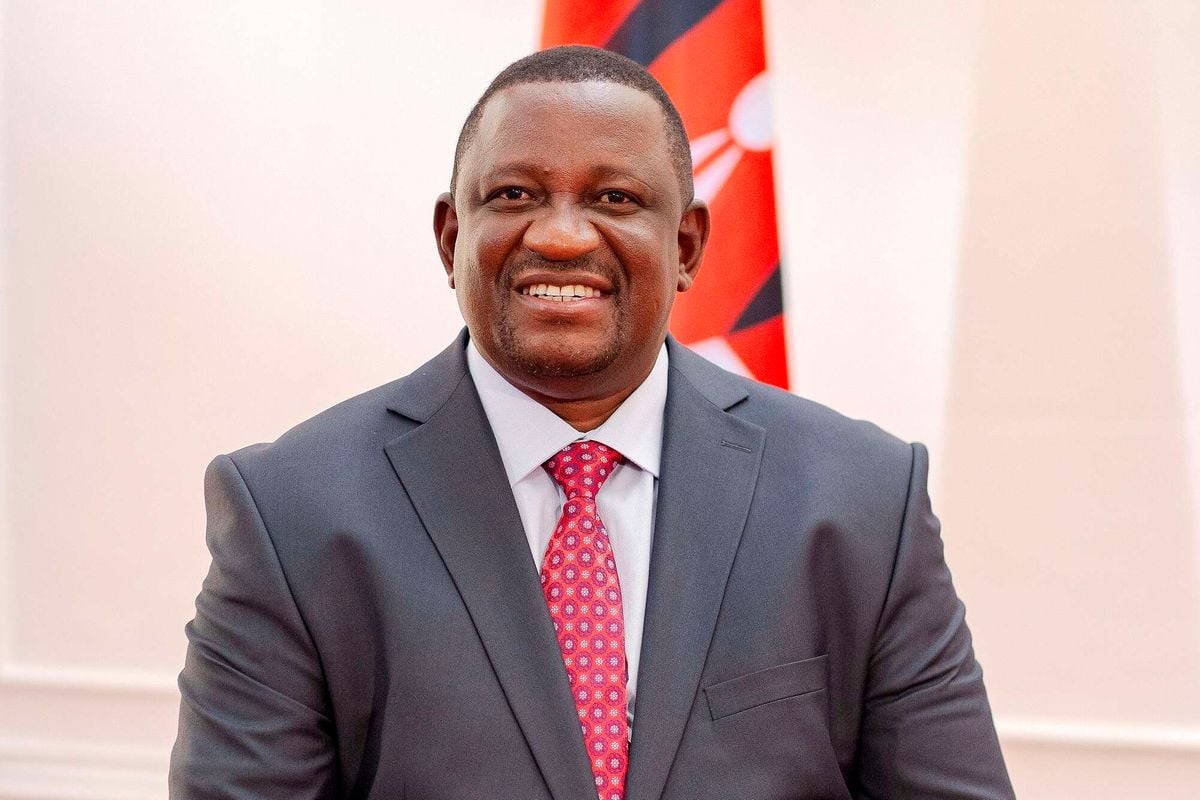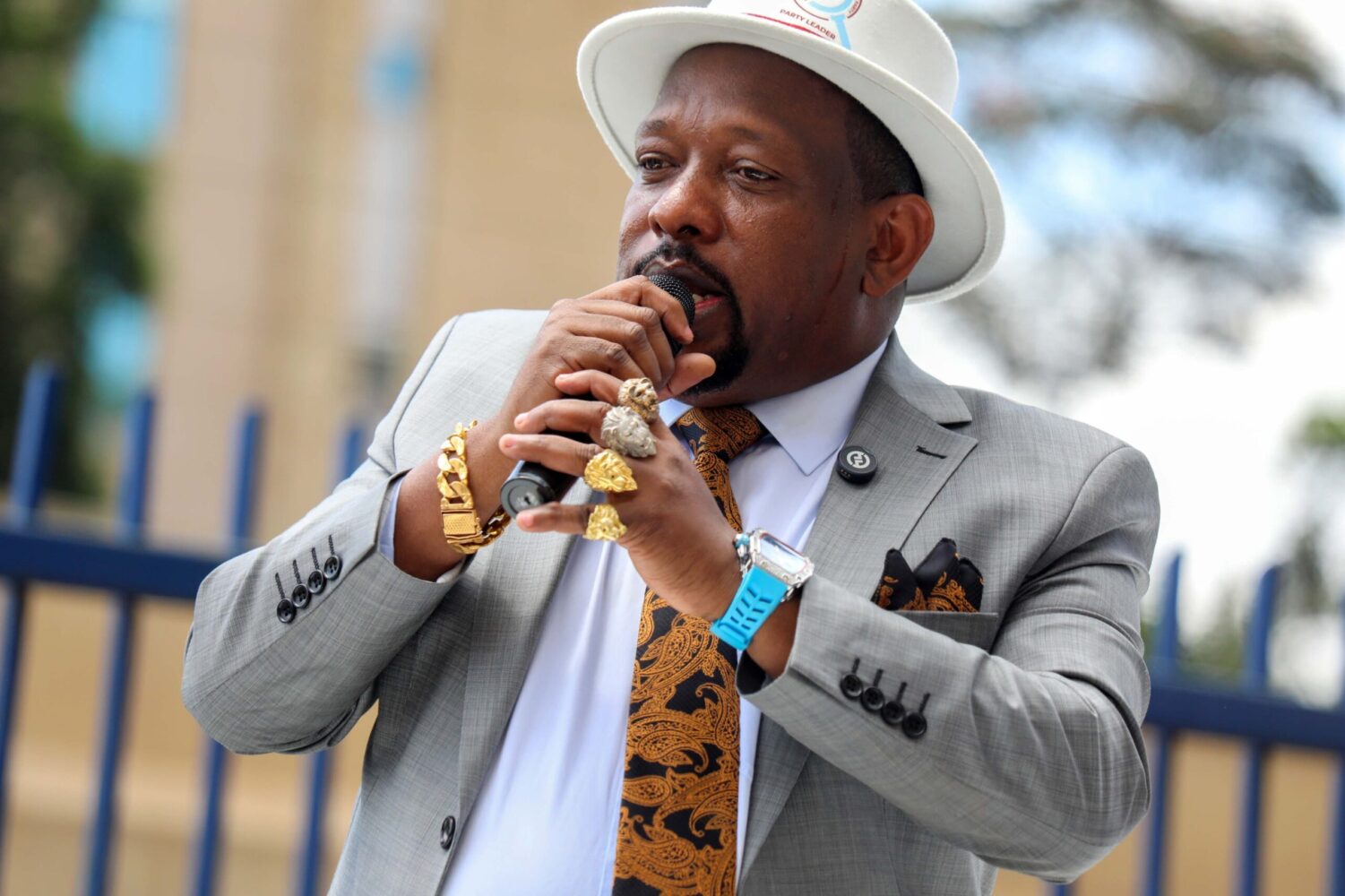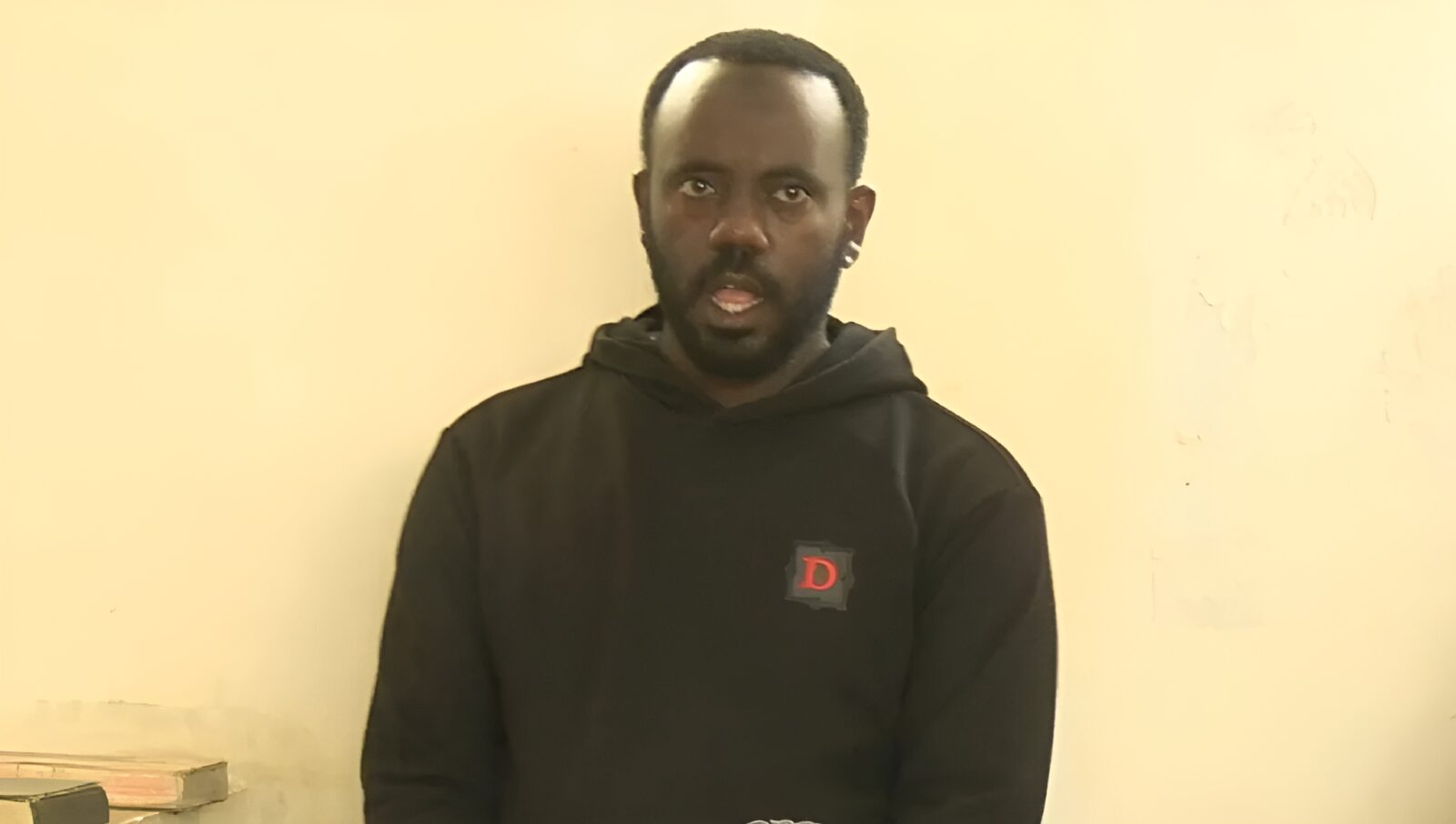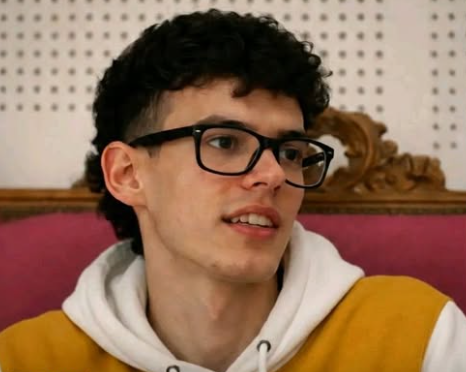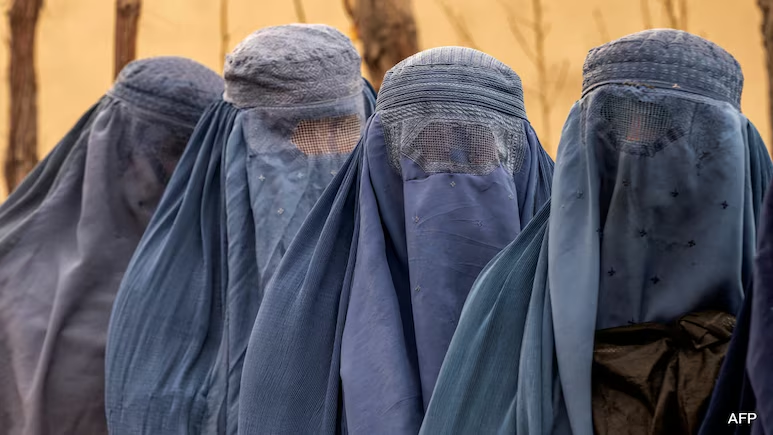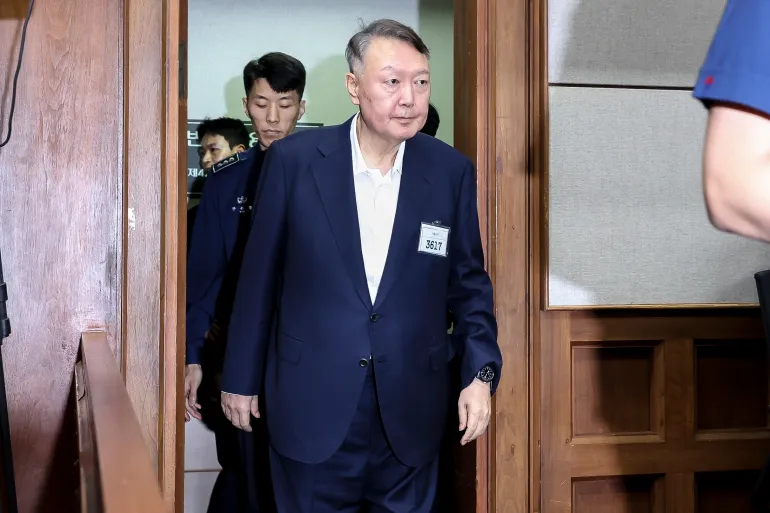By Njeri Mwangi
At the heart of current conversations around the East Africa region lies a sobering reality: the civic space is shrinking faster now than ever, the press, civic, and East Africa’s freedoms areunder strain, and those who defend them increasingly do so at great personal risk. Yet, amidthe shadows, there is resilience – and a renewed call for solidarity, accountability, and cross-border collaboration to defend the right to speak, organize, and hope for a better tomorrow.
Kenya, long regarded as a beacon of democracy in the region, has faced its own reckoning in recent months. The Gen Z-led protests that erupted in June 2024 over issues of governance, corruption, and economic frustration have reshaped public discourse. Young Kenyans, armed with smartphones and hashtags, took to the streets demanding accountability – and paid a heavy price. Dozens of youthful activists were arrested, some disappeared, and others lost their lives.
This 6/25 movement, though decentralized and leaderless, reignited a conversation that goes beyond Kenya’s borders. It reflects a generational demand for dignity, justice, and a political system that works for the people and not just for the powerful. This awakening has also exposed the fragility of Kenya’s civic space. “The fight for freedom is becoming lonelier, even as the numbers grow,” one participant observed at a recent learning workshop organized by PAWA254 in collaboration with URAIA to discuss the state of civic freedoms and human rights in the region.
This loneliness is not unique to Kenya. Across East Africa and beyond, human rights defenders and journalists continue to face intimidation, censorship, and even exile. The tools of repression have evolved – from arbitrary arrests and surveillance to digital harassment and restrictive laws masquerading as security measures.
The recent Tanzanian elections serve as a stark reminder that the challenges facing Kenya are mirrored across the region. Reports of electoral malpractice, media clampdowns, and persecution of opposition voices have once again highlighted how fragile democratic processes remain in East Africa.
In Uganda, human rights organizations have been deregistered on vague grounds, and peaceful protests are often met with force. In Ethiopia, civil society actors continue to work under intense pressure, navigating complex ethnic and political tensions. Even in countries that appear more stable, the underlying freedoms that sustain democracy – freedom of expression, association, and assembly – are under threat.
These realities underscore the need for stronger regional solidarity. The protection of civic space cannot be pursued in isolation. When one country’s freedoms erode, it weakens the entire region. The struggles of Kenyan, Tanzanian, and Ugandan activists are interconnected- bound by shared histories, aspirations, and challenges. Human Rights Defenders are the unsung heroes of East Africa’s democracy story. They work in villages, slums, courtrooms, and boardrooms – documenting abuses, supporting victims, and holding power to account. Yet, they often do so without much protection or recognition.
The PAWA254 workshop laid bare the mental and emotional toll of this work. HRDs spoke of burnout, threats to family members, and the deep isolation that comes from being constantly targeted. Many face digital surveillance, online abuse, or travel restrictions. Others work under the constant fear of detention, abduction, or worse.
Psychosocial support, therefore, is not a luxury – it’s a lifeline. “You can’t defend others when you are constantly broken inside,” one HRD remarked. The call from the workshop was clear: donors, embassies, and civil society organizations must invest not only in the advocacy tools of HRDs but also in their mental health, safety, and well-being.
There is, however, a fast-growing recognition that the struggle for civic freedom is a shared global concern. Development partners and donors, through their long-standing commitmentto human rights and democracy, have been a key ally in supporting local movements and amplifying grassroots voices.
International solidarity must evolve with the times. Beyond funding and statements of concern, HRDs are calling for more practical partnerships – ones that facilitate cross-border collaboration, capacity building, and emergency support systems. For instance, when an activist in Tanzania is arrested, or a journalist in Uganda is forced into hiding, there should be regional mechanisms that offer immediate legal, financial, or relocation assistance. This kind of regional network – built on trust, shared intelligence, and mutual care – could transform how
East African HRDs operate in increasingly hostile environments. Kenya and its neighbours stand at crossroads. The next chapter of the region’s democratic story will depend on how governments respond to citizen voices – and how citizens organize to defend their rights, some, as provided in the constitution. The current wave of youth activism, digital mobilization, and artistic expression offers hope.
Spaces like PAWA254 have become incubators for creativity and resistance, where art, media, and advocacy intersect to reimagine what civic engagement can look like. However, hope alone is not enough. Legal reforms are needed to repeal restrictive laws that criminalize dissent. Independent institutions – from the judiciary to electoral commissions – must be strengthened to serve the public interest.
Defending human rights is not a Western ideal or an elite pursuit; it is the foundation of peaceful, prosperous societies. When HRDs are silenced, the voices of ordinary citizens are next. When freedoms are curtailed, economies suffer, and social trust erodes. But when citizens are empowered, when governments listen, and when freedoms are protected, nations thrive.
There must be a renewed social contract between citizens and the state – one anchored in accountability, empathy, and respect for human dignity. And that time is now!
Njeri Mwangi is the Co-Founder and Executive Director of the PAWA254 Initiative.


